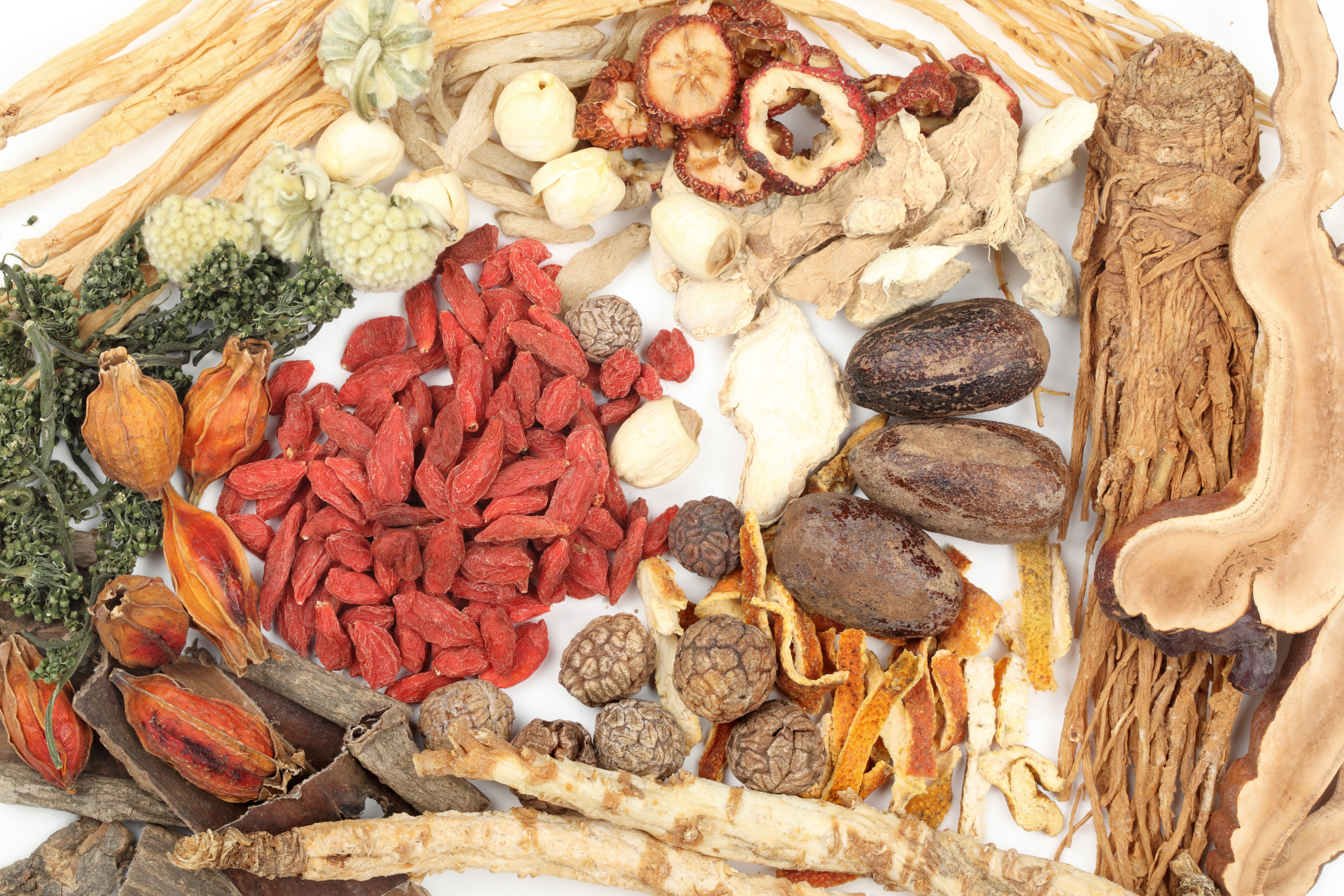If you’re reading this post, you probably know the frustration of congested nasal passages and tickly noses all too well.
Spring, despite all its benefits, brings with it a very difficult time for those who are sensitive to pollen and it can often seem that while people are rejoicing with the turn in weather and rise in average temperatures, you’re left out of the fun as you hide away from nature.
For some, it’s only mild, but for others, it can be totally consuming — placing a burden on their daily activities. As well as preventing you from thinking clearly, it can stop you from going to certain places or being around particular plants forcing you to avoid too much time outdoors. While antihistamines, decongestants and nasal sprays can offer some relief, we explore whether Chinese medicine and acupuncture have any solutions for those who suffer from hayfever.
What Is Hay Fever?
Treating hay fever starts with understanding what it is and why it’s triggered. Scientifically described as allergic rhinitis, this condition is classified as an allergic reaction of the nasal passages from environmental allergens, which includes things like dust and animal hair, but predominantly pollen from flowers.
The effects of this allergic reaction can range in severity and individuals may get waves of it throughout the year, however, most people suffering from hay fever will feel its impact surge around Spring when flowers start to blossom and more pollen is in the air.
What are the Impacts of Hay Fever?
Hay fever can impact more than just your ability to breathe. For many individuals, it can also cause the following:
- Decreased sleep quality
- Energy depletion
- Difficulty thinking clearly
- Headaches
- Sinus infections or ear infections
- Difficulty breathing
How Can Chinese Medicine Help Hay Fever?
Traditionally, Chinese medicine has been used for allergies and other conditions impacting your immune system. This often comes in the form of acupuncture but also taking Chinese medicinal herbs in combination with a healthy diet and lifestyle is a common method of treatment.
The basic understanding is that acupuncture can help to limit exaggerated immune responses, restore balance and also help to alleviate some of the other issues related to hay fever, such as difficulty breathing, digestive problems and sleeping issues.
Research, including a systematic review and meta-analysis of acupuncture for hay fever, suggests that it can be used as a safe and valid treatment for those with allergic rhinitis. Also, acupuncture has also been shown to have various anti-inflammatory effects that can help those with allergic rhinitis.
Want to Learn More?
Chinese medicine for hay fever includes using acupuncture and Chinese herbal medicine treatments, ideally combined with a holistic view of your overall health and lifestyle. The effect is about regulating the inappropriate immune response in hay fever For more information about this treatment method or advice on finding London Chinese herbs that might help with your allergies, get in touch with us directly at Acubody.








